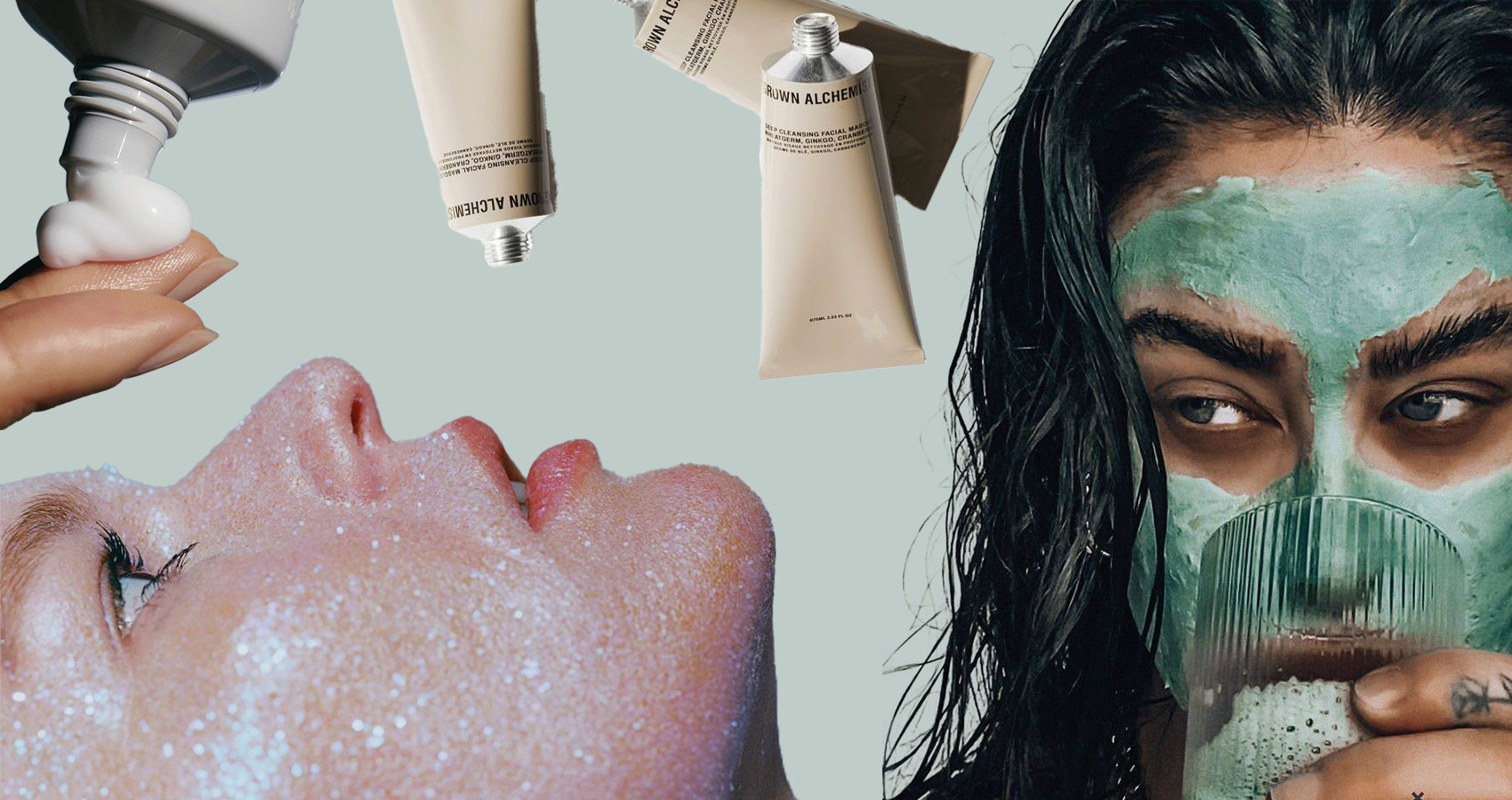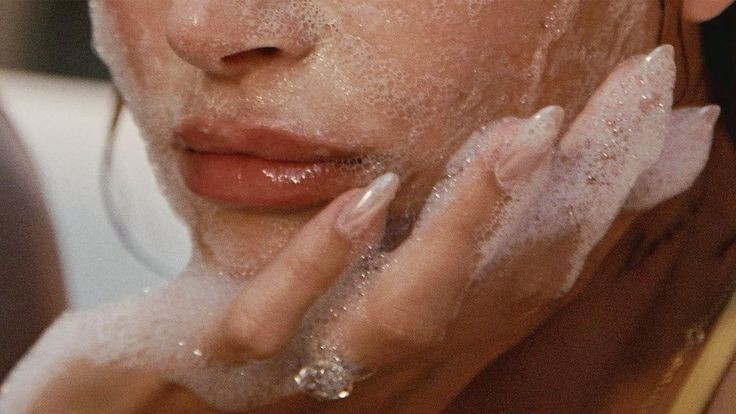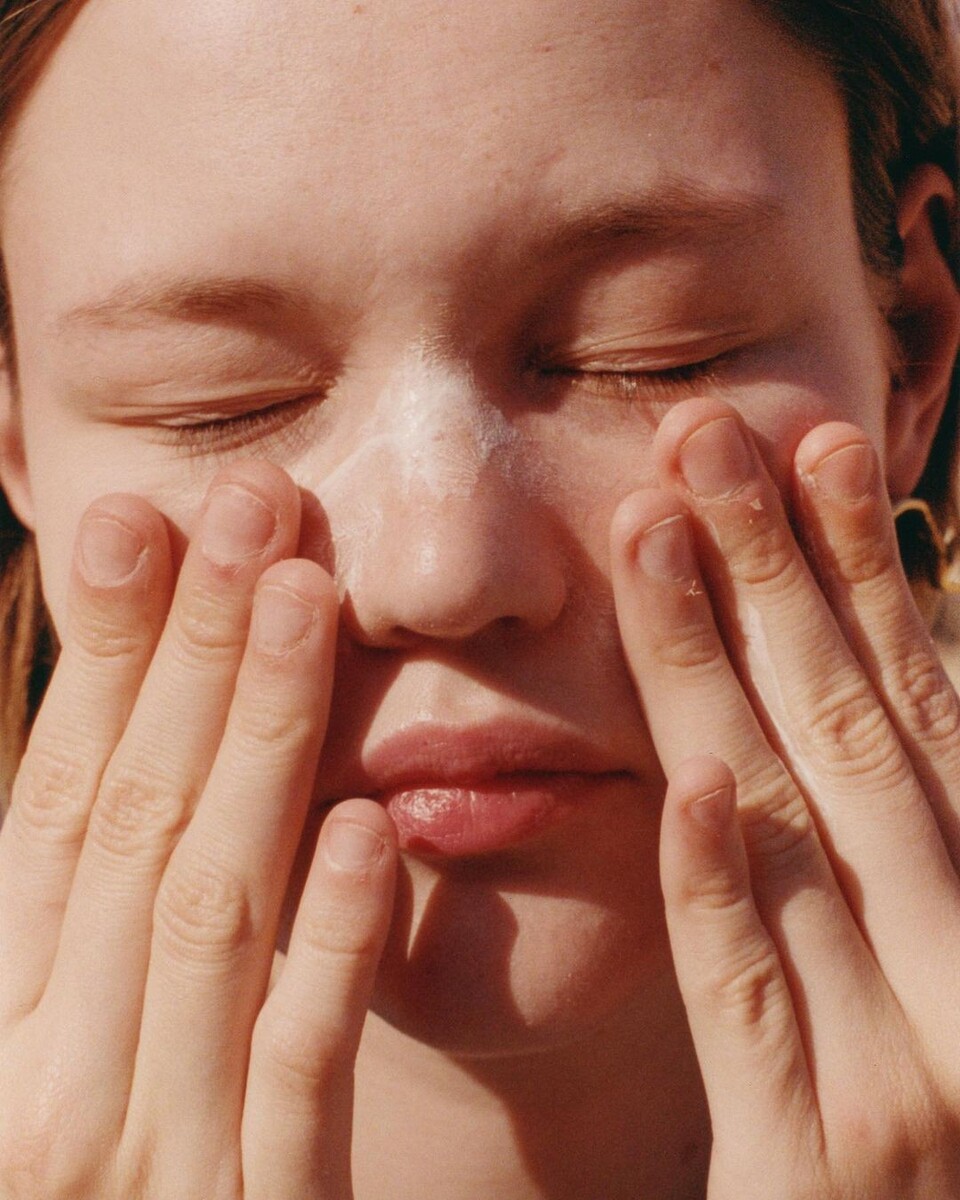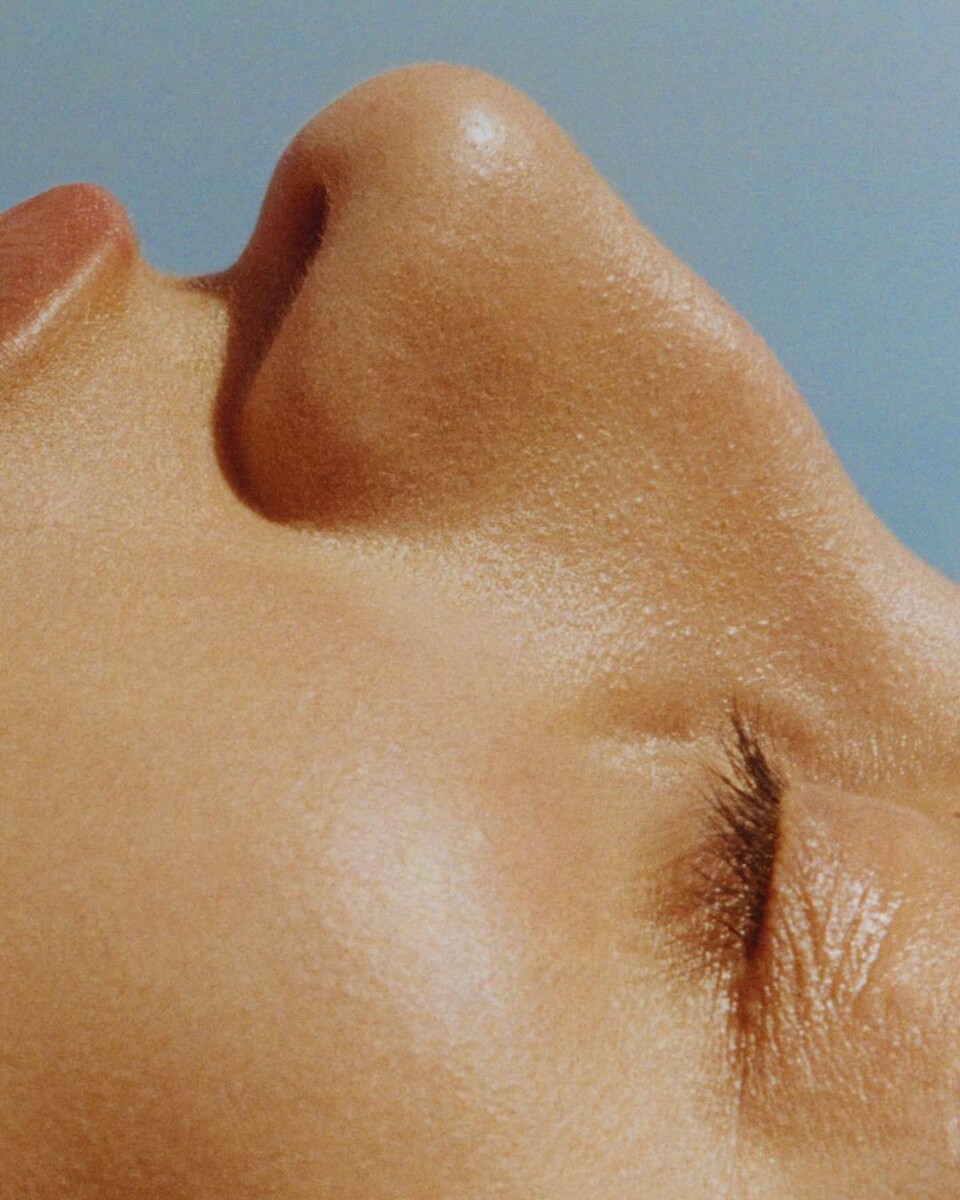
How To Keep Your Skin Healthy And Glowing
From cleansing rituals and hydration.
Everyone wants healthy, glowing skin, but it can sometimes seem challenging to achieve. With so much information about skincare available, you might feel overwhelmed. The good news is that taking care of your skin doesn't have to be complicated. Simple habits can significantly enhance the appearance and texture of your skin.
Whether you have dry skin, acne, or signs of aging, maintaining your skin's vibrancy is about caring for your body's largest organ. Here are some ways to keep your skin healthy and glowing.
Cleansing Rituals

Cleansing is the first step in any skincare routine. It removes dirt, oil, and impurities that build up on your skin throughout the day. Choose a cleanser that suits your skin type. A gentle, sulphate-free cleanser is a good choice for most skin types because it cleans without taking away essential moisture.
Cleanse your skin in the morning and at night. This helps your skin absorb other products better. Avoid over-cleansing, as it can cause irritation; stick to two cleanses a day for balance.
Botox

Many people use Botox to reduce fine lines and wrinkles, achieving a more youthful appearance. It relaxes the facial muscles that create expressions, which, over time, decreases the appearance of those lines. The results can be very noticeable, making the skin look fresh and rejuvenated.
Botox can also help prevent new wrinkles from forming, making it popular for those who want to maintain their youthful appearance. Many find that the treatment boosts their confidence and helps them feel better about their skin.
Hydration Matters

Hydrating your skin is key for a healthy glow. Moisturizers lock in moisture and can adapt to your skin's needs as the seasons change. Look for ingredients like hyaluronic acid, glycerin, or ceramides. These can help attract moisture to the skin and keep it soft.
Drinking enough water is also crucial for maintaining healthy skin. Staying hydrated helps clear toxins, reduce dryness, and improve skin texture. Aim for at least eight glasses of water each day, and drink more if you are active or it's hot outside.
Protection from the Sun

Protecting your skin from the sun is essential for maintaining its youthfulness and health. UV rays can cause early aging and discoloration and even increase the risk of skin cancer. Apply a broad-spectrum sunscreen with an SPF of 30 or higher every day, regardless of the weather.
Apply sunscreen daily, even on cloudy days or when you're indoors. UV rays can still reach you through windows. Reapply every two hours, especially if you are sweating or swimming. Taking this protective step now can help prevent long-term damage and keep your skin looking healthy and radiant.
Diet and Lifestyle

What you eat affects your skin. A balanced diet that includes fruits, vegetables, whole grains, lean proteins, and healthy fats can help improve your complexion. Foods rich in antioxidants, such as berries and leafy greens, help combat free radicals that contribute to skin aging.
Cutting back on processed sugars and unhealthy fats can also make your skin clearer. Be aware of your food choices, as every meal affects your skin's health. Regular exercise helps blood flow, delivering more oxygen and nutrients to your skin.
Regular Exfoliation

Exfoliating is important for removing dead skin cells that can make your skin look dull. Regular exfoliation promotes the growth of new skin cells, revealing a brighter complexion. You can use physical exfoliants, such as scrubs, or chemical exfoliants containing alpha or beta hydroxy acids.
For most people, exfoliating once or twice a week is sufficient. Too much exfoliation can irritate your skin, so be gentle. Pay attention to how your skin reacts and adjust as needed. Regular visits to a clinic for skin care will also leave your skin feeling fresh and radiant.
Sleep and Stress Management

Don't underestimate the effects of sleep and stress on your skin. A good night's sleep helps your skin repair itself. Aim for 7-9 hours of quality sleep each night. During sleep, your skin recovers from daily damage, making it essential for a glowing complexion.
Managing stress is equally important. Stress can cause skin issues, such as acne or inflammation. Activities that promote relaxation can improve your skin's appearance and feel.










